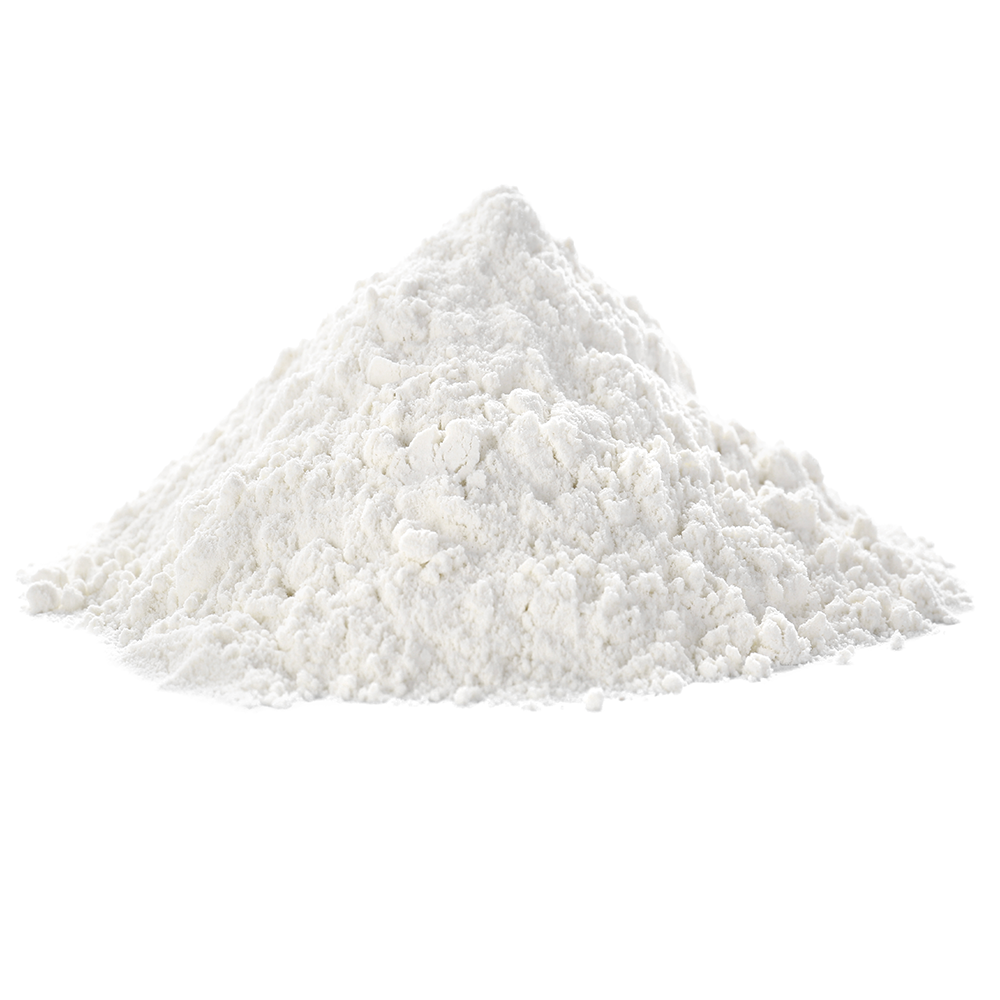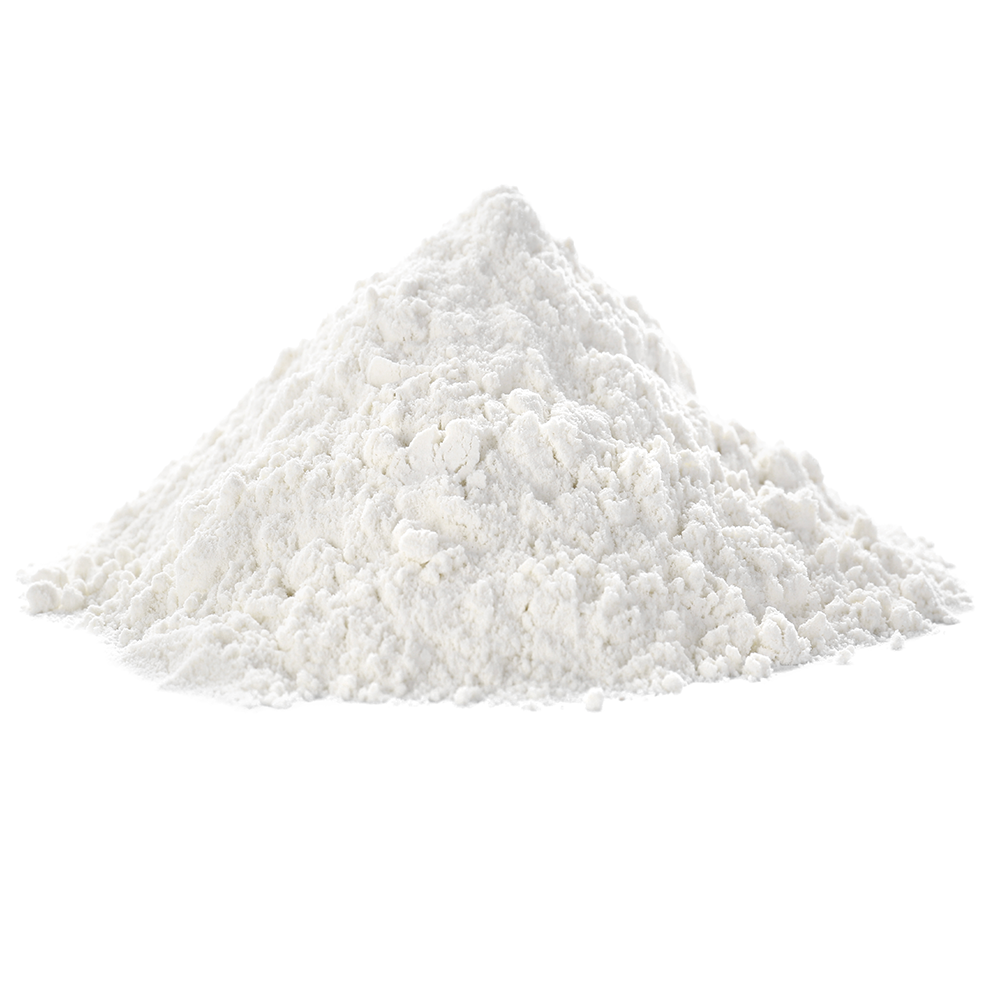Choosing between Whey Protein and Vegan Protein
There has been a rise in popularity of plant-based protein over whey protein in the global supplement market. The changes we see often trace back to the huge impact the pandemic had on everything. This large switch to a plant-based protein powder
Is another domino falling. Since the onset of the COVID-19 pandemic many have sought out ways to live and eat healthier. Most are achieving this goal by switching from animal products to fruits, vegetables and plant-based food products.
The term “Flexitarian” refers to someone who continues to eat meat but limits or restricts the amount they consume. A study found that 14-60% of people worldwide are flexitarians. Flexitarians are people who are reducing their meat consumption.
Dieters, athletes, and bodybuilders are always searching for the best protein source to help repair and build muscle. Science has proven that plant-based proteins have benefits that outweigh its competitors. You don’t have to be vegan or vegetarian to reap the benefits from a plant-based protein powder.
Now, more than ever before, people are choosing a vegan or vegetarian lifestyle. Between 2005 and 2020, the number of people following a plant-based diet in the United States increased by 300%, reaching over 9.6 million. Many healthy and legitimate reasons exist why people choose this lifestyle. Here are some examples of why consumers might choose a plant-based diet:
- Environmental concern (animal agriculture is the 2nd largest contributor to GHG emissions)
- Welfare of animals
- Health issues
- Financial cost
- Availability
- Religious beliefs
- Personal taste
Numerous reasons exist why animal protein is not the optimal option as a protein source. Science has brought to light the multitude of benefits that plant-based protein offers over whey protein. Let’s delve into the information backing the types of protein and their effect on the human body.
Three Forms of Protein Powder
Understanding the benefits and differences of animal and plant-based protein powders is helpful. You can do this by learning about the three forms available. Animal-based protein powders come from sources like whey and casein. Plant-based protein powders come from sources like pea, rice, and hemp.
Protein Concentrates
This type of protein is produced using an extraction method from whole foods using acid, heat or enzymes. This method produces whey protein that is 60-80% protein and 20-40% carbohydrates and fat.
Protein Isolates
For a higher concentration of protein and less fat and carbohydrates, protein isolates add a secondary filtering process. This form of protein powder consists of 90-95% protein.
Protein Hydrolysates
Protein hydrolysates make the process easier by breaking bonds between amino acids with acid, heat, or enzymes. This adds an extra step to the process. In doing so, your muscles are able to quickly absorb the protein powder.
In theory, this method seems good, but whey protein hydrolysates raise insulin levels faster than other protein forms. To burn fat, steer clear of protein hydrolysates as they can spike insulin levels and are not ideal for weight loss.
What is Whey Protein?
Whey protein is one of the main proteins found in dairy products. Whey is a byproduct of making cheese and is a complete protein with all nine essential amino acids.
Your body needs nine essential amino acids, which it cannot make on its own. You must get these amino acids from your diet. Amino acids combine to form proteins which are necessary to carry out the functions of our body4.
Forming whey protein powder is a complex process, no longer making it the go-to protein powder supplement. This is not to say whey protein powder lacks benefits. Scientists have studied whey for a long time and found that it can help build muscle, boost strength, and assist in losing body fat.
People usually mix whey protein powder with flavors like chocolate or vanilla because it has an unappealing taste. You should avoid whey protein if you have an intolerance or sensitivity to dairy products. Whey protein can cause digestive issues and stomach discomfort for those with these sensitivities5.
What Is Plant-Based Protein?
If you’re a vegan or vegetarian, people have probably asked you countless times, “How do you get enough protein?” Plant-based foods like nuts, seeds, legumes, beans, kale, watercress, and broccoli are rich in protein. An abundance of protein is available to source and use as a substitute for animal protein.
Vegans and vegetarians often choose tofu or tempeh as their protein source. These consist of fermented and condensed soy beans. Depending on how you prepare these two ingredients, you can gain anywhere from 20-60 grams of protein per serving! People often use tempeh in vegan dishes as a meat substitute, mixing it with spices and herbs for flavor.
Plant-Based Protein Powder
One of the most common plant-based protein powders is pea protein. Pea protein contains extremely low levels of heavy metals, which exist in all protein powders and whole foods. This makes pea protein a safe choice for your health.
In the past, vegan protein powder primarily used soy. However, this was not ideal because soy contains a high level of isoflavone. Isoflavone is an antioxidant which acts similar to estrogen in the body. Today’s plant-based protein comes from a variety of sources including:
- Hemp
- Brown rice
- Pea
- Quinoa
Plant-based protein powders contain phytonutrients and antioxidants that are not present in animal-based protein powders. Antioxidants are vital to our health by preventing damage to cells caused by free radicals6.
Is whey protein vegetarian?
Whey protein is definitely not vegetarian because cows produce the milk used to make it. If you’re vegan and don’t eat animal products, you should skip whey protein when doing a protein comparison.
A Simple Choice
Choosing plant-based protein powder over whey protein powder offers more benefits. It makes sense to choose vegan or vegetarian protein powder for these reasons. Of course, the whey versus plant-based protein debate is sure to continue.
Embrace changes in your diet, your four-legged friends will thank you.









